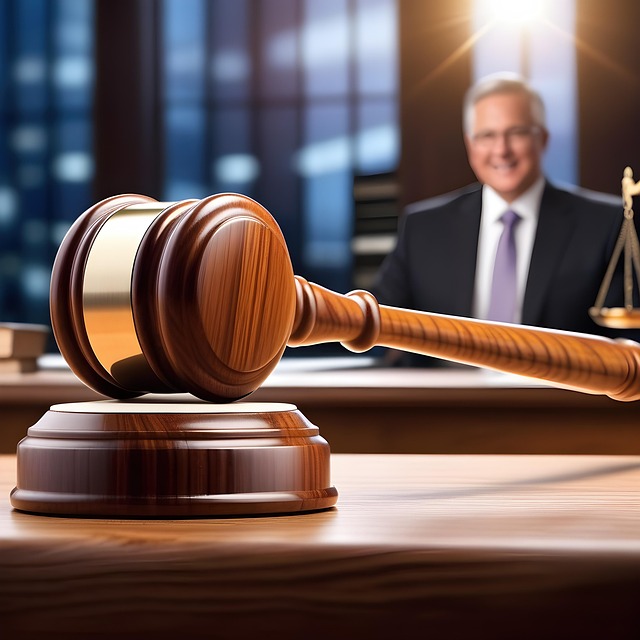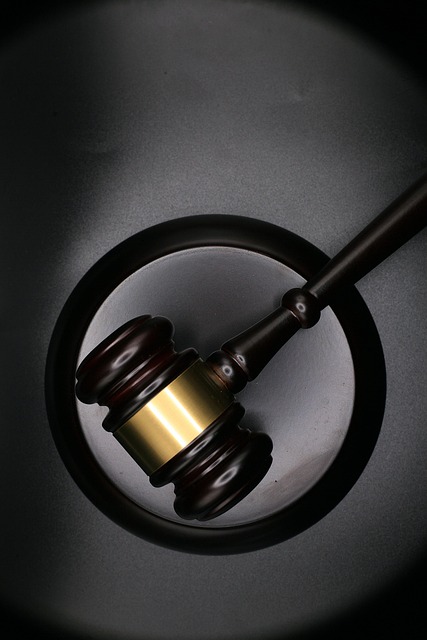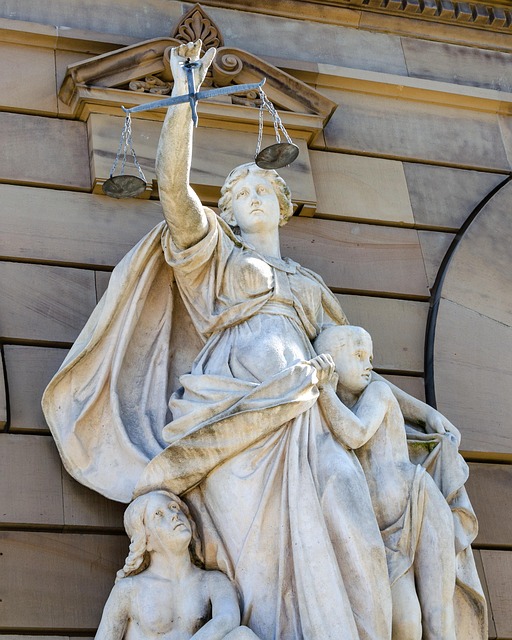Facing public corruption charges requires a strategic defense against false accusations. This involves understanding allegations, gathering evidence, and navigating complex legal processes. By building a robust defense, individuals and organizations can counter inconsistencies, protect their reputation, and ensure fairness in white-collar crime contexts, ultimately aiming for dismissal or favorable outcomes.
“Public Corruption Charges: Navigating Legal Labyrinths and Building a Strong Defense
Facing public corruption accusations can be overwhelming, but understanding the legal landscape is pivotal. This article guides you through the complex issues surrounding these charges, focusing on building a robust defense against false accusations. We explore key aspects such as defining public corruption, recognizing potential missteps in accusations, and strategic steps to mount an effective defense. Learn how to navigate the courtroom with confidence, ensuring your rights are protected.”
- Understanding Public Corruption Charges: Legal Definitions
- Identifying False Accusations: Recognizing Patterns
- Building a Defense Strategy: Evidence and Procedural Steps
- Navigating the Courtroom: Effective Communication & Advocacy
Understanding Public Corruption Charges: Legal Definitions
Public Corruption Charges refer to allegations of illicit activities involving public officials or those in positions of power. These charges encompass a range of behaviors, from accepting bribes and misusing public funds to leveraging one’s position for personal gain. Understanding the legal definitions is crucial when building a defense against false accusations. The law defines public corruption as any misuse of public office for private benefit, often involving financial incentives or other forms of advantage.
In the context of white-collar and economic crimes, these charges can be complex. A general criminal defense strategy may not always apply, as each respective business or individual case has unique nuances. Prosecutors must prove intent, quid pro quo (a favor for a payment), or a pattern of corrupt behavior to secure a conviction. Understanding the specific allegations, gathering evidence to challenge them, and presenting a compelling defense are key steps in navigating these charges effectively.
Identifying False Accusations: Recognizing Patterns
In the complex landscape of legal battles, particularly when faced with public corruption charges, identifying false accusations is a critical step in building a robust defense. Accusations may stem from various sources, including political agendas or disgruntled parties, and often lack concrete evidence. Recognizing patterns in these allegations can provide insights into their validity. Legal teams must carefully scrutinize the circumstances surrounding each accusation, examining the motivations of those making them and the consistency of the claims across different scenarios.
By understanding the underlying motives and identifying any inconsistencies, corporate and individual clients can achieve extraordinary results in defending their respective businesses. This strategic approach ensures that the defense remains focused, thorough, and effective in challenging false accusations. It’s not about simply denying allegations but about presenting a well-grounded argument that exposes the lack of credible evidence, thereby protecting the interests and reputation of all involved.
Building a Defense Strategy: Evidence and Procedural Steps
Building a robust defense strategy is paramount when facing public corruption charges, especially as these accusations can have severe implications for individuals and their associated white collar and economic crimes organizations. The first step in this process involves meticulously gathering evidence to counter the allegations. This includes reviewing all documentation related to the incident, such as financial records, communications, and any relevant witness statements. By examining these materials, a defense team can identify inconsistencies or gaps that may weaken the prosecution’s case.
In addition to evidence collection, understanding the procedural steps of the investigative and enforcement process is crucial. This entails knowing the timeline of events, how evidence was handled, and the methods employed by investigators. By familiarizing themselves with these procedures, defense attorneys can challenge any procedural irregularities or violations of legal rights that may have occurred during the investigation. Such strategic moves aim to ensure fairness and protect the interests of the accused, especially within the philanthropic and political communities where reputations are paramount.
Navigating the Courtroom: Effective Communication & Advocacy
Navigating the courtroom in the face of public corruption charges requires a strategic and effective communication approach. Defendants must build a robust defense against false accusations by presenting their case clearly and compellingly. This involves meticulous preparation, understanding legal nuances, and employing persuasive rhetoric to counter the prosecution’s claims. A skilled general criminal defense attorney plays a pivotal role in guiding the defendant through this complex process.
By utilizing powerful advocacy techniques, defendants can work towards achieving a complete dismissal of all charges or securing winning challenging defense verdicts. This strategy encompasses thorough fact-finding, identifying legal loopholes, and crafting compelling narratives that humanize the accused. Ultimately, effective communication ensures that the jury or judge comprehends the context behind the actions, potentially leading to a more just outcome.
Public corruption charges can significantly impact an individual’s life and reputation. By understanding the legal definitions, recognizing patterns in false accusations, and building a robust defense strategy based on solid evidence and procedural steps, one can effectively navigate the courtroom. Communicating with clarity and advocating for their rights are crucial elements to counter these allegations. With the right approach, it is possible to challenge these charges, ensuring justice and protecting one’s integrity. Remember, building a Defense Against False Accusations requires meticulous planning and unwavering determination.






